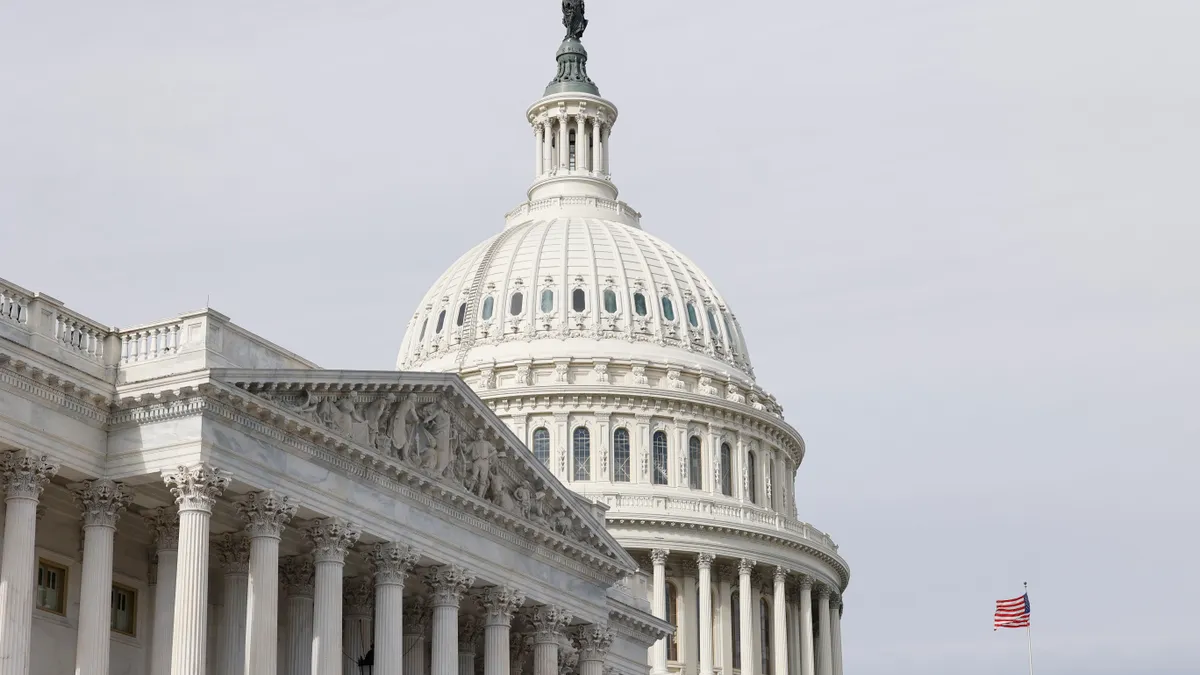Many businesses applauded when a tax package containing a provision that would allow companies to immediately deduct domestic research and development expenses sailed through the U.S. House last week on a 357-70 vote.
Under current tax law, domestic R&D expenditures paid or incurred in tax years beginning after Dec. 31, 2021 are required to be amortized over a five-year period. Prior to 2022, companies could immediately deduct these expenses in the year in which they were paid or incurred.
The U.S. Chamber of Commerce and other industry groups have been pushing for the rollback of the mandate — a legacy of the Tax Cuts and Jobs Act of 2017 — arguing that the existing requirement undermines U.S. competitiveness, with only two other developed countries having similar policies.
Now executives are warily watching as the Tax Relief for American Families and Workers Act of 2024 package that would bring back the treatment prior to TCJA for domestic expenditures through 2025 — though R&D expenses outside the US would still need to be deducted over a 15-year period — is awaiting a Senate vote.
"Everyone is on edge," said Yair Holtzman, a partner and R&D tax credits and incentives practice leader at the middle-market full-serve CPA firm Anchin in New York City. "This is top of mind for a lot of CFOs and CEOs of small companies. Everyone is hoping and praying that this proposed tax bill goes through."
While the tax package enjoyed bipartisan support, it’s not clear how quickly it will be passed, especially given the current fractured political climate in Washington. Kevin Jacobs, a managing director and national tax office practice leader at Alvarez & Marsal Tax, said initial hope for a quick passage has dimmed amid some objections to other elements of the package. If it doesn’t get passed this week he expects a vote could be pushed to late February or March.
“Given the nature of the Senate, it is unclear how fast it is going to move,” Jacobs said.
At the core of the problem for taxpayers regarding how R&D expenses currently stand is that the immediate outlay of cash that the current law requires comes in the same year that companies are already digging into their pockets to fund the projects, Holtzman said. “As one of my clients said, 'does government really want me to take out a loan to pay my tax bill?' The whole point was to stimulate and catalyze innovation and R&D in the United States and now we’re making it harder for small companies to do that,” he said.
The proposed change, though welcomed by many businesses, has some executives scrambling to figure out how to model the potential impact as tax filing season nears.
Kathleen King, practice leader/managing director, research credit and incentive services at Alvarez & Marsal Tax, said some public companies are preparing to answer questions in earnings season and have been modeling estimates of the change’s impact. “This…has a number of tentacles,” King said in an interview. “So right now it’s making it very complicated for businesses.”
The proposed rollback also comes as emotions are high in general around R&D costs. Many are also bracing for a proposed revision made by the Internal Revenue Service to a form for the 2024 tax year that would need to be filed by companies seeking R&D tax credits. The plan has drawn pushback from some critics who say the new information required would be a burden to taxpayers.












